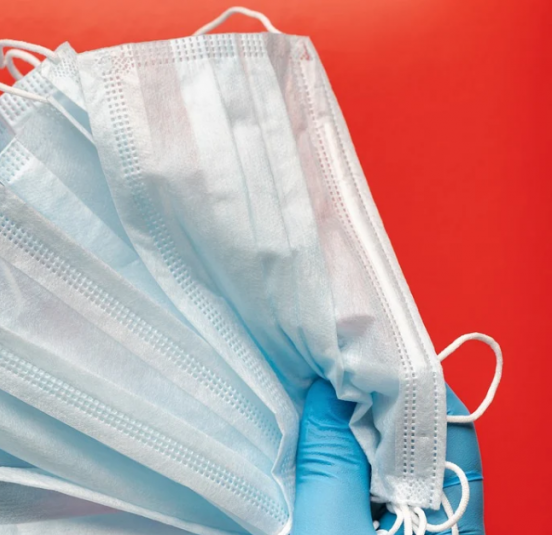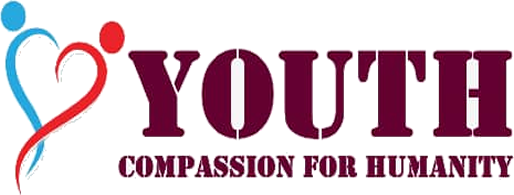
Covid-19 Rapid Emergency Response (CREmeR) is an initiative of cooperation between the local government and civil society aimed to address food prints of the pandemic that were aggravated by the lockdown rendering many people both in the rural and urban vulnerable to extreme poverty and at-risk of causing deficiencies especially in the Eastern part of Uganda. The Covid-19 outbreak has featured poverty in its many different dimensions continuing to manifest ranging from material well-being (basic needs of life like nutrition, good health, shelter, education etc) to increasing gross human rights violations especially Gender-Based Violence( (GBV), migrating citizenry and breakdown of social networks typical of Eastern region’s common challenges. CREmeR will address the pertinent issues affecting the vulnerable/marginalized communities of Eastern region resulting from the outbreak by offering relief food (posho, rice & Beans) and domestic supplies (washing soap, sanitizers, face masks, etc) to the very poor households. The project will also reach out to teenagers and young mothers who in need to sanitary materials in order to manage their hygiene during their menstrual periods. It is common knowledge that the COVID-19 outbreak has occurred at a very critical moment leading to Uganda political elections. Historically, the electoral period is such time that many citizens witness societal breakdown (families, communities. etc) political extremism due to competing political ideologies and fractions that are a genesis of aggravated violence especially among youth, as well as tribal conflicts. The Programme of Cooperation will therefore spearhead peace dialogues, conduct human rights education, monitoring and documentation and reporting at the high of this critical period. The project will also implement such activities as building institutional and individual capacity to enhance community engagement towards hygiene promotion, promotion of food security, advancing gender and protection, including GBV and enhancement of citizens engagement leading to meaningful of youth participation in elections (2021). CREmeR will there be implemented in the selected most vulnerable sub-counties and targeting 15000 households in the Busoga region in order to empower communities to recover from the impacts of COVID-19 and to generate sustainable development.
In Uganda, 46% of women have – before these measures were introduced – experienced physical violence and live in fear of their current or most recent partner. These figures are likely to increase during lockdown and confinement, as security, health, and income worries, heighten tensions in homes. Credible reports indicate that there has been a surge in sexual gender-based violence, including five fatalities since the lock-down was introduced.
In partnerships with the Government, private sector, and civil society organizations, YCFH Uganda under our consortium of the Programme of Cooperation, we commit to continue supporting and implementing a COVID response plan that innovatively integrates aspects related to gender, including measures towards ending violence against women and girls.
While we do this, we would like to encourage the Government of Uganda to continue paying attention to the special needs of women and girls and consider the following suggestions in response to the COVID-19 pandemic:
- Ensure that victims of gender-based violence get access to justice and look into the possibility of adding lawyers to the list of professional groups that are exempted from the ban of private vehicles.
- Foster women’s leadership and participation in task forces in all sectors that form part of the risk reduction and response plans in order to ensure more inclusive decision making.
- Make prevention and redress of violence against women a key part of the national response plan.
- Expand services to address violence against women and girls and allocate increased resources to support shelters, psychosocial care, helplines, and online counseling, including for frontline health workers.
- Strengthen mechanisms for Police and Justice actors to address incidents of violence against women and girls and ensure violence emerging in the context of COVID 19 is given the high priority it deserves.
- Ensure that all relief distributions include female and child-headed households as they face exacerbated vulnerability. Put systems in place to prevent abuse, harassment, and exploitation of women and girls in the distribution of support.
- Enhance protection for women who have opted to stay at their stalls in different markets and commercial centres, including the provision of protective gear and additional security to uphold their safety, wellbeing, and security from likely risks such as sexual violence, disease and robbery.
